WASHINGTON – Despite recent complications, there is still a good chance Donald Trump will face some measure of legal accountability for trying to overturn his 2020 election loss before he faces the judgement of voters on Election Day, legal experts say.
But Trump’s efforts to throw one wrench after another in prosecutors’ way means that they will be scrambling to bring to trial the separate election interference cases they have spent years building against the former president in federal court in Washington, D.C. and state court in Georgia.
The biggest blow to getting the federal trial underway was the Supreme Court decision on Wednesday to schedule arguments for the week of April 22 on whether Trump can be prosecuted by Special Counsel Jack Smith − or whether presidential immunity is so absolute that it covers all of his alleged misdeeds while trying to stay in office, as Trump claims. Smith had asked the court to hear the arguments at least a month or so earlier.
In the state case in Atlanta, efforts by Trump and a former senior campaign official to disqualify Fulton County District Attorney Fani Willis and her top prosecutor because of an affair they were having has pushed that case back at least two months too, while an Atlanta judge decides if their allegations have merit.
“I think if the Supreme Court decisively decides the (immunity) issue, and I cannot fathom a way that they would rule in favor of Donald Trump, that there is still time to have a trial before November,” said Rep. Daniel Goldman, D-N.Y., a former federal prosecutor.
Jeffrey Breinholt, a former senior career Justice Department lawyer until his retirement two weeks ago, agreed that a federal trial could still get underway by Election Day on Nov. 5.”
“Finishing it by then is another story,” Breinholt told USA TODAY.
Breinholt, who has been closely following all of the Trump prosecutions, had similar expectations for the sprawling state election subversion case against Trump and 14 co-defendants.
“The Atlanta case, I think, is going to go forward,” said Breinholt. “I think the judge is going to rule that she’s not disqualified. But it’s going to take a lot of the wind out of her sails because she’s had to fight this for so long.”
Trump, the likely Republican presidential nominee, has sought to delay all of his federal and state criminal cases until after the election. If voters return him to the White House while trials are still pending, he could ask his political appointees at the Justice Department to dismiss them. Whether Trump, as president, can affect his state cases is far less definitive.
Here’s where both cases stand and why legal experts think they might still start before Election Day:
Delays in the federal election subversion case
In the federal Jan. 6 case, Trump has pleaded not guilty to four criminal charges − three for conspiracy and one for obstruction − for falsely claiming election fraud and trying to overturn the legitimate 2020 election results.
U.S. District Judge Tanya Chutkan initially had set a March 4 date for that trial. But she took the case off the calendar in December, effectively stopping the clock, while awaiting an appeals court decision on Trump’s claim of immunity and a likely review by the Supreme Court.
The delay in the federal trial already has lasted nearly two months and is expected to have a domino effect on preparations by both the prosecution and defense. That’s because Chutkan has said she will give back to Trump whatever time he has lost in preparing for the trial because of his appeals.
Smith had appealed to the Supreme Court last year to intervene preemptively on Trump’s broad presidential immunity claim, in the hopes of expediting the process and getting to trial long before campaign season heated up. The High Court denied that motion.
Some expert observers say it’s possible to conduct the trial before November if the Supreme Court issues a ruling in Smith’s favor before this term ends in late June or early July.

“I think the Supreme Court is going to react quicker than the historical schedule would suggest, because they’re going to be embarrassed by all the talk about how they’re throwing a wrench into it,” said Breinholt. “Then they’ll likely decide shortly after April 26, and that’ll give time for the D.C. case to go forward.”
Two legal experts who were involved in congressional efforts to impeach Trump also issued a statement about the federal trial’s prognosis as part of a Defend Democracy Project effort.
“Our experts believe there is still a good chance that Trump faces a trial in this case this year,” said Norm Eisen, former special counsel to the House Judiciary Committee and Tom Joscelyn, principal author of the final report by the House Jan. 6 committee investigating Trump. “As shocking as it was, yesterday’s [Supreme Court] decision was not the end of the January 6 election interference case.”
Barbara McQuade, a former U.S. attorney and now a law professor at the University of Michigan, said the Supreme Court’s decision to set oral arguments for late April “seems awfully slow.” The case could still be tried before the election “if they hustle the decision,” she said on X, formerly known as Twitter. “Otherwise justice delayed is justice denied.”
Smith’s team estimates the trial would last about four to six weeks.
The ‘find me the votes’ case against Trump in Georgia
In Georgia case, Trump was charged initially with eighteen others of conspiring to illegally overturn his election loss to Joe Biden in Georgia and other key states and of taking other steps to illegally stay in power despite the election outcome. In one infamous phone call, Trump asked Georgia Secretary of State Brad Raffensperger, a fellow Republican, to “find” enough votes for him to topple Biden in the state – more than 11,000.
Four defendants have pleaded guilty and are cooperating. Trump and the other 14 co-defendants, have pleaded not guilty. No trial date has been set in the Georgia case, but Willis, the district attorney, had sought to begin by August.
That effort was derailed on Jan. 8 when one of Trump’s co-defendants, former 2020 campaign official Michael Roman, filed a motion seeking to disqualify Willis on the grounds that she and the private lawyer she hired to oversee the case, Nathan Wade, were romantically involved.
Roman also alleged that Willis had an improper financial interest in bringing the case because she was benefitting from Wade’s use of some of the more than $650,000 he has been paid to take her on vacations.
Wade and Willis have said their affair began after she hired him on Nov. 1, 2021 and that they have done nothing to disqualify themselves from the case.
Since then, Fulton County Superior Court Judge Scott McAfee has been holding hearings on whether to disqualify Willis, Wade and the entire DA’s office – and potentially even dismiss the whole case.
McAfee has scheduled a hearing Friday to hear closing arguments on the disqualification issue, and could issue a ruling within a few weeks. Legal experts have said that if he disqualifies Willis, it could set the trial date back months, or longer, as a state oversight board seeks another district attorney’s office in Georgia that could take on the case.

Willis’ office had no immediate comment on whether nearly two months of fighting the disqualification issue has set back its preparations for trial.
Chris Timmons, a defense lawyer in Atlanta and former prosecutor in neighboring Cobb County, said a trial this year “is possible” and even likely − if McAfee opts not to disqualify Willis or Wade, and makes his decision soon.
“I think all the discovery is done. All the motions are done except for the conflict. So then it’s just a matter of the judge blocking out time on his schedule. That’s the only wildcard there,” said Timmons, who is also a legal contributor to ABC News. “I mean, he’s got to block out a significant amount of time on his schedule to get the thing tried. So I think it’s possible. But this is a working courtroom. It’s not like this Trump cases is his only case.”







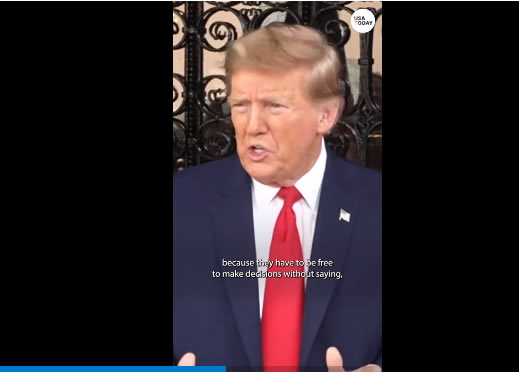
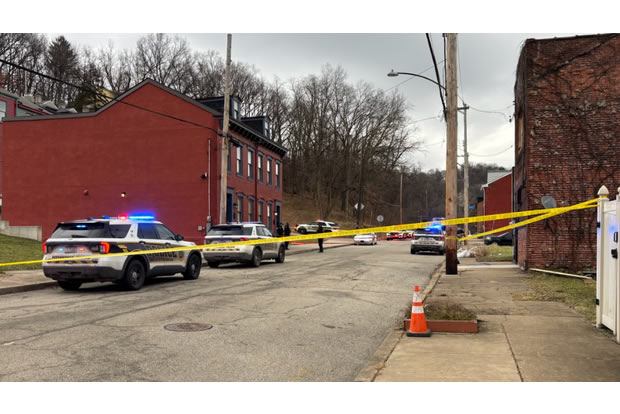


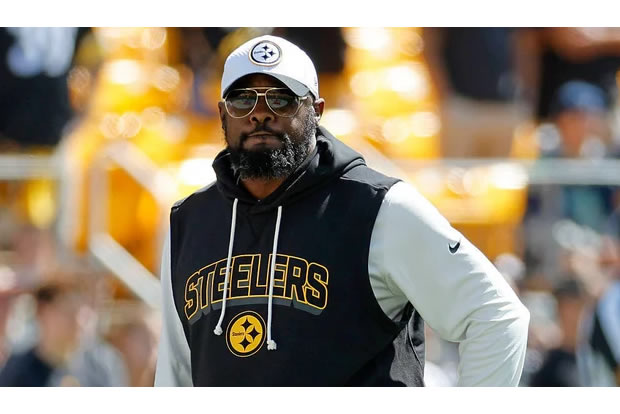




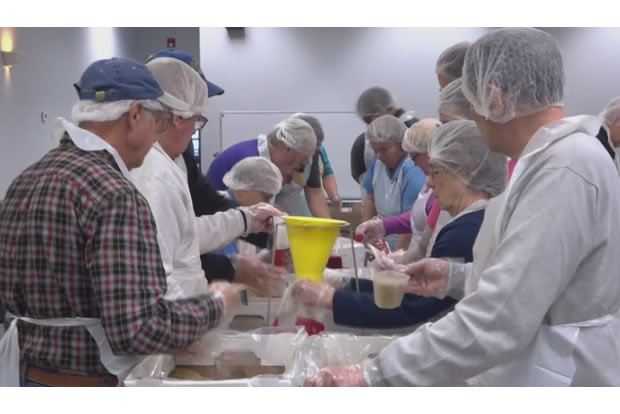
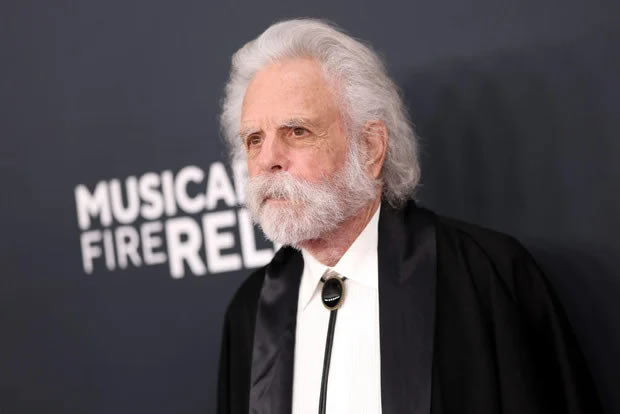
+ There are no comments
Add yours